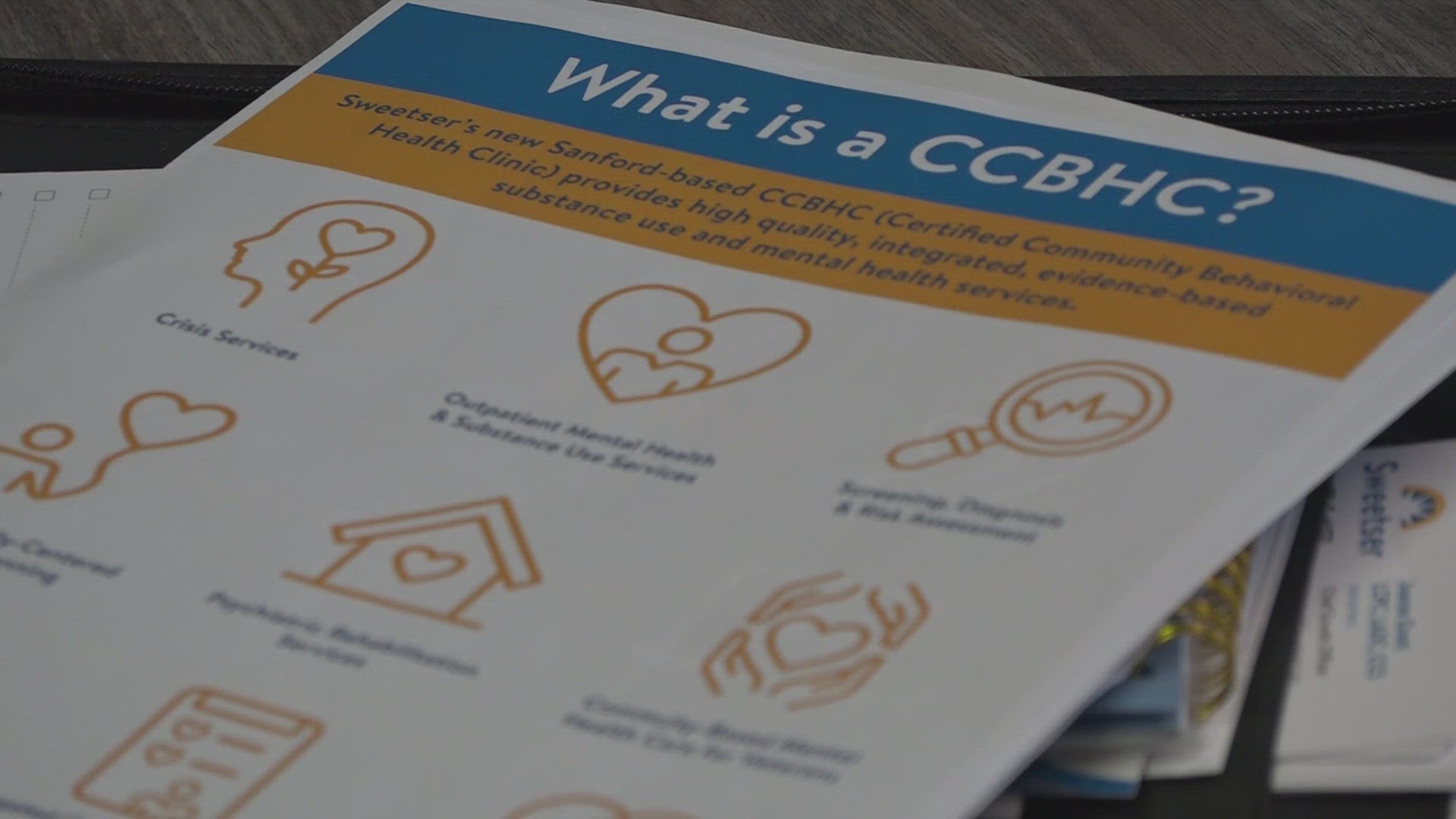AUGUSTA, Maine — In Tuesday's State of the State address, Governor Janet Mills laid out proposals for mental health reform, specifically care centers.
"I propose that we establish a network of crisis receiving centers across Maine, so that any person suffering a mental health crisis can get prompt and appropriate care," Mills, a Democrat, said to the gathered joint Legislature and guests at the State House.
Kristen Farnham, vice president of legal affairs and advancement at Spurwink—one of the state's leading providers for crisis care—was happy to hear the plan from Maine's top executive.
"Spurwink wholeheartedly supports Governor Mills' commitment to strengthening mental care in Maine," Farnham wrote, in part, to NEWS CENTER Maine on Monday. "Spurwink applauds this investment and stands ready to partner in making a healthy place to live and work."
Providers weighed in about what they wanted to see from elected leaders moving forward.
Hannah Longley is the clinical director of crisis intervention for NAMI Maine. She lauded the idea.
"It is an amazing, wonderful model that we have been supporting and been encouraging and been advocating to bring to the state and every county, so that there is that accessibility at the community level," Longley said. She added that it was unfortunate that it often takes a tragedy like the Oct. 25 shooting in Lewiston—when a gunman killed 18 people— to bring about reform. However, Longley welcomed any spotlight on the issue.
Mallory Shaughnessy is the executive director of the Alliance for Addiction and Mental Health Services and echoed Longley's positivity toward a potential crisis center network.
"We have much more growing need since COVID," she said. "And with the tragedies in Lewiston and other places in the state, the need has just astronomically grown."
Additionally, the Alliance targeted 15 bills that recently passed unanimously through the Legislature, that address mental health care or workforces. All 15 sat in the appropriations office awaiting funding. Mills also called for expanded access to the opioid-reversing drug naloxone. Despite the appropriation logjam, the bipartisan movement of support for her industry was music to Shaughnessy's ears.
"We have seen the investment in this community crisis response just decline and decline and decline over the last decade," she said. "We need to have more funding."
Using not just attention, but resources to improve Maine’s mental health network, these experts argued, would benefit all because, statistically, we would all likely need them at some point in our lives.
"The more we normalize these conversations; the more we open up access; and the more we build up these strong, robust community resources for all of us; the more our whole entire state and community is going to be healthy," Longley said.

